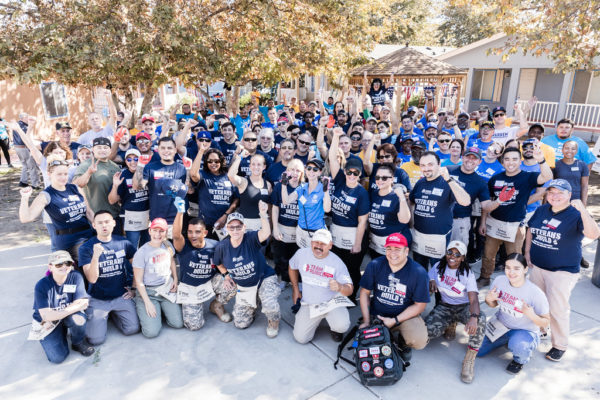
Communities grow stronger when everyone gets support, respect, and chances to succeed. Veterans often face many changes after their service as they move back into everyday life. They may need help with jobs, housing, education, or health. These needs are real and important. When met properly, both veterans and their communities benefit.
Veterans programs give support where it matters most. These programs do more than offer basic help. They create paths to better lives. In return, veterans give back through work, leadership, and service. Their growth and success lift the whole community around them.
1. Helping Veterans Find Steady Employment
A strong community starts with steady work. When they find jobs, they gain purpose, income, and stability. They often have strong skills from their service, like discipline, teamwork, and leadership. But they may need help adjusting to civilian job markets.
Programs for veterans help them build new job skills, write resumes, and meet employers. Many also offer training in areas like trades, tech, or business. With these tools, they start new careers and support their families. Working with former service members also boosts the local economy and helps their towns grow. Their success becomes a win for all.
2. Giving Access to Quality Health Services
Health is key to a good life. Many veterans deal with physical or mental health challenges after service. They may need regular checkups, therapy, or long-term care. Such initiatives give access to trained doctors, counselors, and support groups.
This care helps them stay healthy and active. Good health means they can work, volunteer, and join in community life. These programs also reduce pressure on local health systems. By meeting their needs early, they help avoid larger problems. Healthy veterans bring strength and stability to their families and neighborhoods.
3. Supporting Families and Relationships
Veterans are part of families, too. Their needs affect spouses, children, and relatives. Strong programs support the whole family. They offer parenting help, counseling, and community events. These services help families stay close and solve problems together.
When families are strong, communities grow stronger, too. Children feel safer. Partners feel more connected. Families that work well together bring calm and care to their neighborhoods. Support for veterans becomes support for every person around them. These ripple effects create more kindness and connection in everyday life.
4. Encouraging Civic and Community Service
Many veterans want to keep serving even after the military. Such programs often guide them into roles where they can lead and help others. Some join local groups, serve on boards, or help during emergencies. Others mentor young people or volunteer at schools.
Their leadership teaches others how to stay strong during hard times, and their sense of duty inspires those around them. These actions build trust and respect in the community. When veterans take part in civic life, they bring real change. They remind others that service does not end after duty—it can grow into something greater.
5. Creating Spaces for Connection and Belonging
Strong communities thrive when everyone feels seen, heard, and included. These may include local centers, social clubs, or community events encouraging conversation and connection. When they share their experiences and build friendships, it eases feelings of isolation and brings comfort.
These positive connections often lead former service members to engage more with the broader community—volunteering, attending events, and offering support to others. Organizations can help by hosting inclusive programs and encouraging partnerships that make veterans feel genuinely welcome and valued.
Veterans programs do more than offer support—they help build stronger communities by creating pathways to employment, health care, family stability, and social connection. As veterans gain strength and purpose through these programs, they contribute back through work, leadership, and service. By supporting veterans, communities grow more united, resilient, and compassionate.



